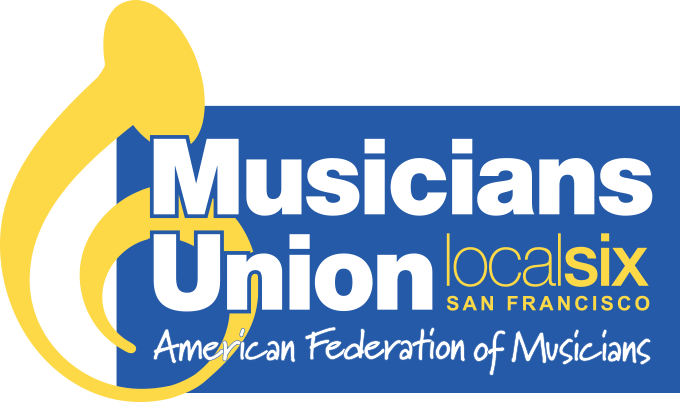an Interview with Senza Sordino
Most symphonic players will have some idea of what current wages are in symphony orchestras, but they might not know what “the good old days” were like. The following story from ICSOM’s Senza Sordino is worth sharing:
“My first experience with a professional orchestra was with the Southern Symphony in Columbia, South Carolina. It was 1938. The Juilliard placement bureau sent me to Steinway Hall to audition for the conductor, Hans Schweiger. He offered me the job—an eleven-week season, no allowance for train fare from New York to Columbia, and a salary of $18 per week. There were no benefits for health or instrument insurance. I declined the offer. He thought about it a while, then offered me $25 per week, pointing out that men who had families were accepting the $18 salary. I accepted—played eleven weeks of challenging works, made friends, played chamber music and went home after the eleven weeks with a net savings—after train fare, room and board—of ten dollars.
Back in New York I played a lot of free-lance work. No benefits, no pension. In 1943 I played an audition for the position of concertmaster of the American Ballet Theatre Orchestra. The audition was at the old Metropolitan Opera House. Antal Dorati was the principal conductor. I played for him about an hour. He gave me a three-foot-high stack of music and asked me to play for him again in three days. I had never played ballet music before—worked at the music until 2 a.m. each day—went back on the third day and played for Dorati again. I got the job. It was a 21-week tour. We played in 85 cities. It paid $100 per week for 7 performances and extra for matinees. Some weeks we made as much as $300—but there were no benefits, no insurance, no pension.
I was with the St. Louis Symphony for a total of four years. No committees, no benefits. When I was with the Dallas Symphony there were stirrings of change. A committee was organized and meetings were held at regular intervals.
In 1956 I became a member of the New Jersey Symphony. Rehearsals were $5. Concerts were $25. I was assistant concertmaster for 37 years—years of unbelievable changes—in committees, benefits, length of season and salaries.
I hope some of the bright, talented musicians of today are aware of the long, hard struggle it took to make these benefits happen. Many dedicated people gave freely of time, energy and intelligence, despite the risks to job and even career.”
Esther Schure Gilbert, New Jersey Symphony violinist retired.
Source: From Senza Sordino, Vol. 39, No. 1 (January 2001). © 2001 International Conference of Symphony and Opera Musicians (ICSOM). Used by permission.
